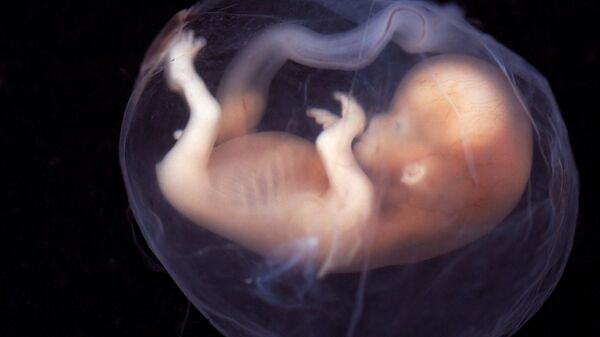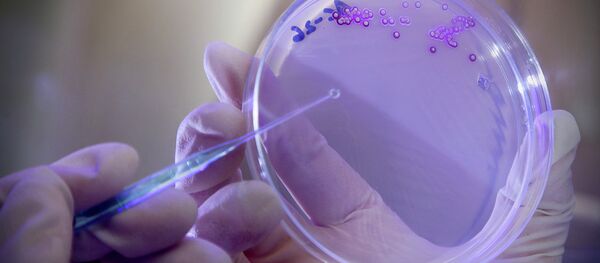Genetically modifying embryos to eradicate diseases is illegal in the UK. However, it is possible to explore this biological field under a licence from the Human Fertilization and Embryology Authority (HFEA) and using a technology called CRISPR/Cas9.
CRISPR/Cas9 technology can precisely target DNA and modify it. It has rapidly developed in the last few years and researchers are keen to see how it can be used in humans in the future.
The international summit in Washington was organized to enable researchers to take stock of the science surrounding the CRISPR/Cas9 technology.
The committee made up of scientists, lawyers and ethicists decided not to ban genetically modifying human embryos that would grow into people – but only allow the practice for research purposes.
#CoE view on #CrisprCas9 & new genome editing technologies. https://t.co/YM4XGl7bjB pic.twitter.com/0jpbWdxxwO
— Council of Europe (@coe) December 3, 2015
The experts made it clear that altering DNA in embryos in clinical environment remained unacceptable because of the unknown risks. A statement, following the international summit on human gene editing, said:
"It would be irresponsible to proceed with any clinical use of germ line editing unless and until the relevant safety and efficacy issues have been resolved, based on appropriate understanding and balancing of risks, potential benefits, and appropriateness of the proposed application."
However the scientists agreed the need to hold future forums to discuss development and research around genetically modifying embryos.
"We therefore call upon the national academies that co-hosted the summit – the US National Academy of Sciences and US National Academy of Medicine, the Royal Society and the Chinese Academy of Sciences – to take the lead in creating an ongoing international forum to discuss potential clinical uses of gene editing, help inform decisions by national policymakers and others, formulate recommendations and guidelines and promote coordination among nations," the summit committee said.
Earlier this year, a team of scientists in London made an application to the HFEA to edit genes in human embryos. The request was made by Dr Kathy Niakan who wanted his team to use gene editing to provide “fundamental insights into early human development".




